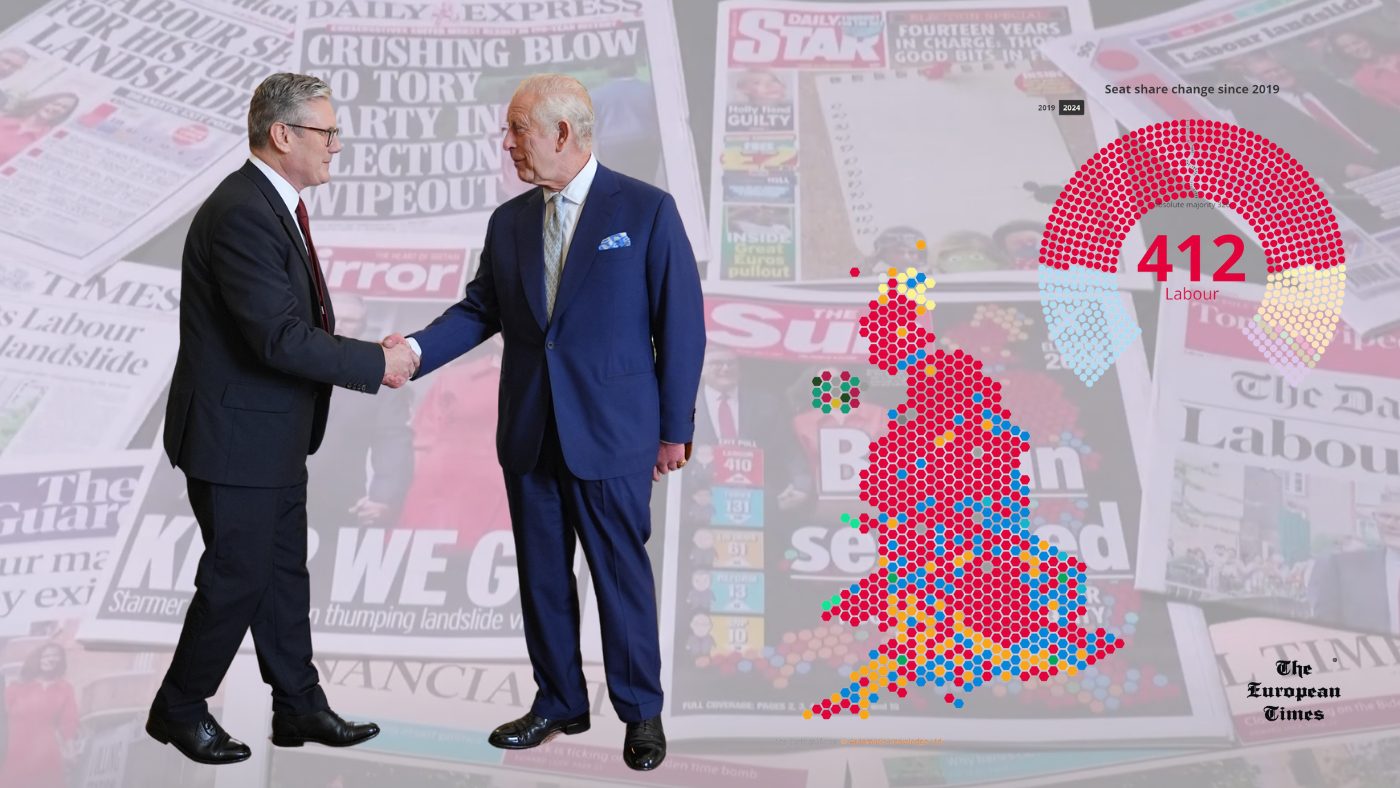ELECTIONS-Britons vote this Thursday to renew the 650 seats in the House of Commons. Polls across the United Kingdom are unanimous: it is unlikely that Rishi Sunak will remain prime minister after Friday.
As Britons vote in Thursday’s general election, a new chapter in the country’s history is about to begin. The Conservative Party, after 14 tumultuous years in power, is facing serious unpopularity.
The question is no longer whether the Conservatives will lose, but by how much Labour will win and how severe the defeat will be for Rishi Sunak, who has failed to gain any significant momentum after 20 months in office. Around 46 million voters are expected to cast ballots to renew the 650 seats in the House of Commons. Each MP is elected using a first-past-the-post voting system in a constituency. Polls will be open from 7am to 10pm.
Many crises since 2010
Since Brexit Upheaval and the management of the Covid-19 pandemic, soaring prices, rising poverty, an overburdened public health system and a revolving door of prime ministers, the succession of crises since 2010 has created a strong desire for change. In recent days, even the Conservatives have admitted that they are fighting not to win but to limit the majority promised by Labour.
Barring any surprises, it will be Keir Starmer, a 61-year-old former human rights lawyer, who will be tasked by King Charles III on Friday with forming a government. Starmer has brought his party back to the centre-left and promised a return to “serious” governance.
For Rishi Sunak, the fifth Conservative prime minister in 14 years, the election marks the end of a campaign that has become an ordeal. Although he tried to seize the initiative by calling an early election in July rather than waiting until the autumn, the disastrous image of his announcement in the pouring rain and without an umbrella lingered, leaving his party seemingly unprepared.
Sunak, a 44-year-old former investment banker and finance minister, has made numerous missteps and appeared politically tone-deaf. His strategy has largely consisted of accusing Labour of planning to raise taxes and, in recent days, warning of the risks of a “supermajority” that would leave Labour without any checks and balances, conceding defeat.
By contrast, Keir Starmer has emphasised his humble beginnings – his mother was a nurse and his father a toolmaker – in stark contrast to his multimillionaire opponent. To counter right-wing attacks and distance himself from Jeremy Corbyn’s expensive programme, Starmer has promised strict management of public finances, without tax increases. He aims to revive growth through stability, state intervention and investment in infrastructure. However, he has warned that he does not have a “magic wand” and the British, according to polls, have moderated their expectations for significant change.
Originally published in The European Times.
source link eu news




















